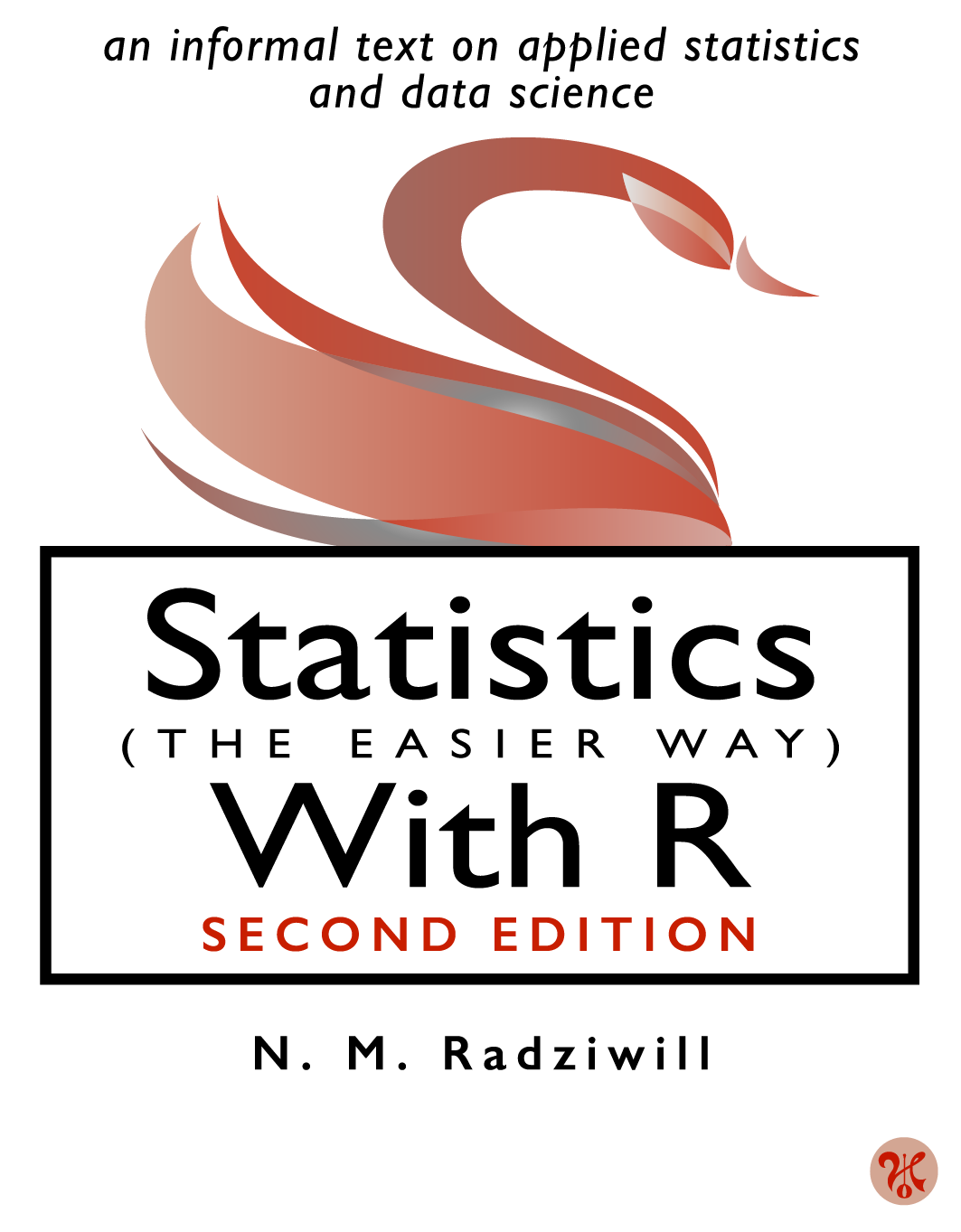This page is intended to supplement the resources described at Academics at Burning Man, the Academics Wiki, and the Academic Resources Page at Wikipedia. Although we cite many of the same references, we’ve organized them according to the 10 Principles and other related topics that we believe are essential for applying the 10 Principles within higher education. We’re continually adding to the list; contact Nicole if you would like to add something.
FOUNDATIONAL PRINCIPLES
Civic Responsibility
ASQ and BSR (2011). Corporate Social Responsibility (CSR) and Quality.
Immediacy
Gifting (Gift Economy)
Eisenstein, C. (2011). Sacred economics: money, gift and society in the age of transition. Evolver Editions.
Mauss, M. (2000). The gift: The form and reason for exchange in archaic societies. W. W. Norton & Co. (Translated by W. D. Hall)
Decommodification
Brunso, A. T. Jorgensen, L. T. & S. Viborg. (2012). Commodification of higher education. Unpublished manuscript.
Holden, C. (2003). Decommodification and the workfare state. Political Studies Review, 1, 303-316.
Lacher, H. (2012). The politics of the market: Re-reading Karl Polanyi. Global Society, 13(3), 313-326.
Miller, B. (2010). Skill for sale: What is being commodified in higher education? Journal of Further and Higher Education, 34(2), 199-206.
Nickolai, D. H., Hoffman, S. G. & M. N. Trautner. (2012). Can a knowledge sanctuary also be an economic engine? The marketization of higher education as economic boundary work. Sociology Compass, 6(3), 205-218.
Nordstrom, C. R., Bartels, L. K., & J. Bucy. (2009). Predicting and curbing classroom incivility in higher education. College Student Journal, 43(1), 74-86. [Identifies that a “consumerism orientation” is associated with higher levels of disrespectful and disruptive behavior among undergraduate students surveyed.]
Willemse, N. & P. de Beer. (2012). Three worlds of educational welfare states? A comparative study of higher education systems across welfare states. Journal of European Social Policy, 22(2), 105-117.
Participation
OPERATIONAL PRINCIPLES
Radical Inclusion
Watson, G. H. (2012). A comprehensive approach to quality aims at inclusive growth. Journal for Quality and Participation, 35(3), 33-35.
Radical Self-Expression
Communal Effort
Leave No Trace
Radical Self-Reliance
CO-CREATION OF VALUE
Chen, Katherine K. (2012) “Artistic Prosumption: Cocreative Destruction at Burning Man.” American Behavioral Scientist 56(4): 570-595. – Add volume and page number to existing reference.
Xie, C., Bagozzi, R. P. & S. V. Troye. (2008). Trying to prosume: toward a theory of consumers as co-creators of value. J. of the Acad. Marketing Sci. 36, 109-122.
CREATIVE CITY/ALTERNATIVE CULTURE
Chen, Katherine K. (2011) “Lessons for Creative Cities from Burning Man: How organizations can sustain and disseminate a creative context.” City, Culture and Society 2(2): 93-100.
Cohendet, P., Grandadam, D. & Simon, L. (2010). The anatomy of the creative city. Industry and Innovation, 17(1), 91-111.
Shaw, K. (2005). The place of alternative culture and the politics of its protection in Berlin, Amsterdam and Melbourne. Planning Theory & Practice, 6(2), 149-169.
QUALITY CULTURE
Harvey, L. & Stensaker, B. (2008). Quality culture: understandings, boundaries, and linkages. European Journal of Education, 43(4), 427-442.
INNOVATION/NEW MODES OF PRODUCTION
ASQ (2011). Futures study.
Turner, F. (2009) “Burning Man at Google: a cultural infrastructure for new media production.” New Media & Society 11, no. 1-2: 73-94.
RITUAL, STORYTELLING, MAGIC, AND INTUITION
Mauss, M. (2001). A general theory of magic, 2nd Ed. Routledge.
EMERGENT/DECENTRALIZED MANAGEMENT
Chen, Katherine K. (2012) “Laboring for the Man: Augmenting Authority in a Voluntary Association.” Research in the Sociology of Organizations 34:135-164.






